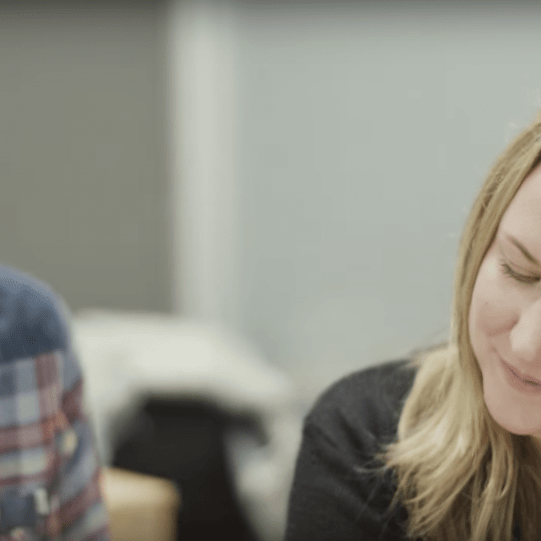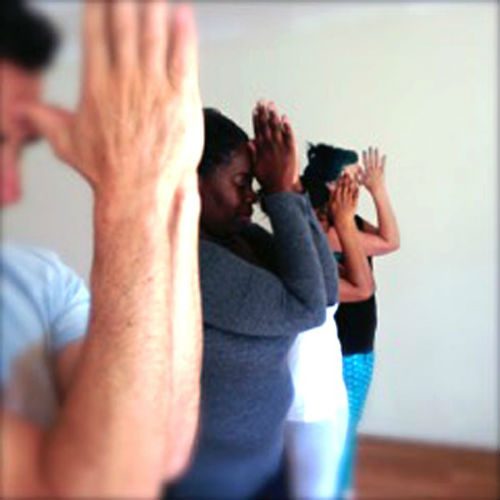 LGBTQI psychologist Paul Martin shares his strategies for reducing our stress levels and increasing our resilience to ensure that love wins.
LGBTQI psychologist Paul Martin shares his strategies for reducing our stress levels and increasing our resilience to ensure that love wins.
It’s been a hell of a year for homophobic hate. From the dismantling of the Safe Schools program to the plebiscite and now the Orlando Massacre, we’re being exposed to homophobic messages on a daily basis. LGBTI Psychologist Paul Martin calls it a “perfect storm moment” for our community.
As a result of this prolonged exposure to homophobia, many of us are living with chronic, persistent, moderate levels of stress and emotional distress. And many of us are struggling to cope. Here, Paul gives us his tips to effectively manage our stress and build a healthier, more resilient community.
Self-awareness
We’ve all experienced some kind of negative emotional experience from our childhood or adult life that has caused us emotional damage. “Therefore we have a brain that’s set up to respond automatically under certain conditions,” says Paul. Some of us react to stress by feeling anxious while others feel angry or powerless. Some people feel sad and depressed. Others will go and drink every day for months and some will socially isolate.”
“We all have different personalities, we all have different lenses through which we see the world and all have some degree of psychological damage because from early childhood we’re surrounded by humans who have irrational beliefs about what it means to be LGBTI. Self-awareness is about being able to recognise what it is that’s been activated inside of you when you’re confronted by a particular event or experience.” This means understanding how you feel, what is being triggered within you and what your response to that trigger is.
Building Resilience
“Resilience is about being able to increase our strength, both individually and as a community, so that when these assaults occur we’ve got a greater ability to bounce back.”
Statistics show that lesbians have higher levels of drug and alcohol abuse than heterosexual women. Not because we’re faulty, of course, but because we’ve dealt with homophobia from a young age and drug and alcohol use is a coping response to that.
Unfortunately, when we’re under stress, we tend to default to doing the opposite of what we need to do to take care of ourselves.
“We tend to judge ourselves in an unhealthy way for drinking too much or taking drugs, but when you shift into a non-judgemental sense of acceptance and curiosity about yourself, then from that non-critical, non-judgemental perspective you can make some changes.”
“I always see resilience as a bank account, and what I mean by that is that if every day we put a little bit into the bank account and build up a psychological cash reserve we can then draw down on that once we have an Orlando or you’re watching Q&A and seeing Corey Bernardi.”
Building your self-care is the key to increasing your resilience. Paul suggests asking yourself the following questions as a guide to how well you’re looking after yourself.
- How often do I have a quality conversation about how I’m really feeling with someone I trust?
- How often do I engage in activities that soothe my stress and anxiety?
- How often do I move my body to ensure that I reduce my stress levels from a physiological perspective?
- How much water am I drinking?
- Am I getting enough macro and micro nutrients?
- To what extent am I engaging in social connections and activities?
Meditation is a great way to combat the ruminative thinking that causes us distress and is associated with anxiety and depression. “Meditation helps us identify that we are time-travelling into the past or future in a really unhealthy way and bring us back to the present. When used with mindfulness it’s a powerful tool which psychology and neuroscience are just starting to recognise.”
Paul suggests these free guided meditations from the UCLA Mindfulness Research Centre to help reduce stress and anxiety.
Community Building
“A lot of people out there are really struggling and in social media you see this sort of intense negativity coming up, a spike in people attacking each other,” Paul warns. We need to be mindful of the messages we send out on social media about ourselves and our LGBTI community. “When we publicly target conservative groups using irrational and aggressive language we unwittingly feed into the Christian Lobby press releases about how they are victims of our hate. We as individuals and as a community need to be more respectful and understanding of each other and create forums for us to be able to express our emotions in a way that’s directed in a positive sense.”
We also need to be more vigilant about supporting each other. Paul suggests that if you notice someone being uncharacteristically negative on social media for a few weeks, reach out. “When we’re really upset and stressed some of us get very negative and people respond to the negativity by being aggressive or defensive or angry. So what I think is very helpful is for us not to respond emotionally to those sorts of things that people are saying and ask questions instead.”
How Do I Know If I Need Professional Help?
Paul suggests asking yourself the following questions to assess if you need professional help. How long have I been doing this for and how severe is my reaction? What is the cost of my reaction? “If it’s going on too long and causing damage in important areas of functioning such as your work, relationships, health and wellbeing and talking to friends isn’t helping you to feel better, then counselling can work.” A counsellor can help you identify triggers and work on strategies to do things differently.
If you or someone you know needs help, you can also visit Beyond Blue.






